Culture of Paraguay, Paraguay, a landlocked country in the heart of South America, is a nation with a distinctive and rich cultural heritage. Its culture is a fascinating blend of indigenous traditions, Guarani influence, Spanish colonization, and a unique national identity. Paraguay’s people, known for their resilience and sense of community, have preserved their cultural heritage despite the challenges of history. In this exploration of Paraguayan culture, we will delve into the historical roots, diversity, music, cuisine, and the enduring spirit that defines this South American nation.
Historical Roots:
Paraguayan culture is deeply rooted in a complex history marked by indigenous heritage, colonial rule, and a quest for independence. Before the arrival of the Spanish conquistadors in the 16th century, the region that is now Paraguay was inhabited by various indigenous groups, with the Guarani being the most prominent.
Spanish colonization introduced Catholicism, the Spanish language, and European customs, leaving a profound impact on the country’s cultural identity. Paraguay’s fight for independence, particularly the role of national hero José Gaspar Rodríguez de Francia, in the early 19th century, is a defining moment in the nation’s history.
Cultural Diversity:
Paraguay’s cultural diversity is influenced by its complex history, unique geography, and indigenous heritage. The country’s population is predominantly mestizo, with a blend of indigenous and European ancestry. The Guarani, one of the largest indigenous groups in South America, have played a significant role in shaping Paraguayan culture and society. Their language, Guarani, remains widely spoken and is recognized as one of Paraguay’s official languages, alongside Spanish.
Paraguay’s Guarani heritage is evident in many aspects of daily life, from language and traditions to cuisine and music. The Guarani influence adds a distinctive element to the country’s cultural tapestry.
Music and Dance:
Music and dance are at the heart of Paraguayan culture. The harp, guitar, and accordion are central instruments in Paraguayan music, with the harp being particularly iconic. Paraguay’s national dance, the polka, is known for its lively, rhythmic steps and often features intricate choreography, making it a vibrant part of the country’s traditions.
Polka music and dance hold a special place in Paraguayan culture and are a reflection of the Guarani and Spanish influences. These dances are often performed at festivals, celebrations, and gatherings, showcasing the country’s unique fusion of indigenous and European traditions.
Cuisine:
Paraguayan cuisine reflects its mix of indigenous and Spanish influences, resulting in a diverse and flavorful culinary tradition. Traditional Paraguayan dishes often feature staples like maize, cassava, and corn, reflecting the country’s agricultural heritage. A classic Paraguayan meal is the chipa, a cheese bread made from cassava flour and a signature dish often enjoyed during holidays and festivals.
Mbeju, a thick pancake made from cassava and cheese, is another popular snack. Paraguayan soups and stews, such as sopa paraguaya (a dense cornbread soup) and borí borí (a chicken and corn dumpling soup), are cherished comfort foods.
Carne asada, grilled beef, and other meats are commonly featured in Paraguayan cuisine, often accompanied by a variety of salsas and chimichurri. The tradition of asado, a barbecue-style grilling, is an integral part of Paraguayan food culture, bringing people together for shared meals and celebrations.
Art and Craftsmanship:
Paraguayan art and craftsmanship showcase the country’s creative spirit and indigenous influences. The Itá Letra community is renowned for its traditional pottery, with distinctive designs and colors that reflect Guarani heritage. These beautifully crafted pieces often depict scenes from Paraguay’s cultural and natural landscapes.
Nanduti, a delicate lacework, is another celebrated Paraguayan art form, known for its intricate patterns and vibrant colors. It is often used in clothing, tablecloths, and decorative items, and is a testament to Paraguay’s artistic diversity.
Festivals and Traditions:
Paraguay hosts a variety of festivals and traditions that celebrate its cultural heritage and religious beliefs. The Festival of San Juan, celebrated in June, is marked by rituals, traditional dances, and the lighting of bonfires. The festival blends indigenous and Catholic elements, reflecting the fusion of Guarani and Spanish traditions.
Another important celebration is the Carnival of Encarnación, known for its elaborate parades, colorful costumes, and vibrant music. The Carnival is one of the largest and most popular celebrations in Paraguay, drawing thousands of visitors each year.
Languages and Literature:
Paraguay is unique in its recognition of Guarani as an official language alongside Spanish. Many Paraguayans are bilingual, and Guarani plays a significant role in daily life, cultural expressions, and communication.
Paraguayan literature has produced notable authors like Augusto Roa Bastos, who received international acclaim for his works that often explore themes of identity, history, and social justice. His novel “I, the Supreme” is considered a masterpiece of Latin American literature, offering a thought-provoking commentary on the history and culture of Paraguay.
Natural Beauty and Outdoor Activities:
Paraguay’s natural beauty offers various opportunities for outdoor activities and exploration. The country is home to diverse landscapes, including the Chaco region, tropical rainforests, and the Paraguay River. The Ybycuí National Park, with its lush forests, waterfalls, and wildlife, provides a picturesque setting for hiking and eco-tourism.
The Paraguay River offers opportunities for boating, fishing, and birdwatching, with a rich diversity of flora and fauna. The Pantanal, a vast wetland area shared with Brazil, is a unique habitat for observing wildlife, including capybaras, jaguars, and numerous bird species.
Challenges and Opportunities:
Paraguay faces various challenges, including issues related to poverty, access to education, and environmental concerns. However, the country’s cultural richness, unique traditions, and natural beauty provide opportunities for sustainable tourism, economic development, and cultural exchange. Initiatives that promote indigenous rights, education, and environmental conservation are essential for addressing these challenges.
In conclusion, Paraguayan culture is a vibrant fusion of indigenous roots, Guarani heritage, and national resilience. The interplay of indigenous and Spanish influences has created a society that values its mixed heritage and celebrates it through music, dance, cuisine, and visual arts. Paraguayans are marked by their deep connection to their cultural traditions, their sense of community, and their love for their homeland. Despite challenges, Paraguayan culture remains a testament to the creativity and strength of its people, offering a captivating glimpse into a nation that continues to cherish its heritage and contribute to the cultural diversity of South America and the world.


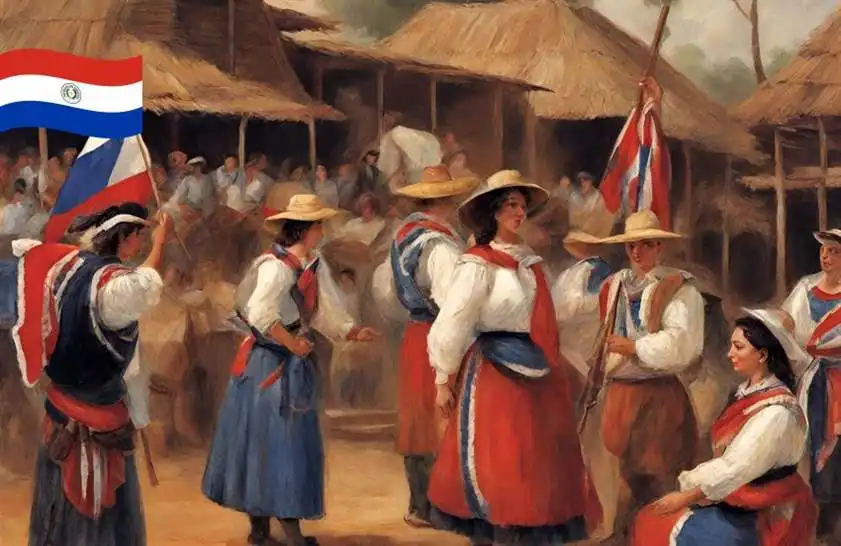
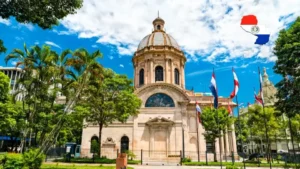
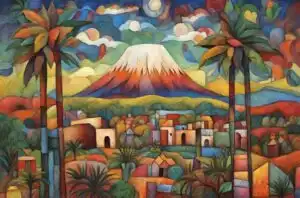
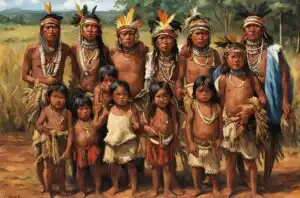
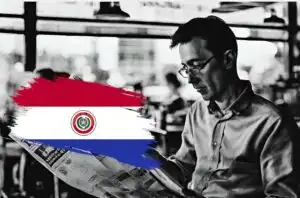
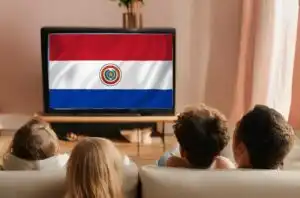
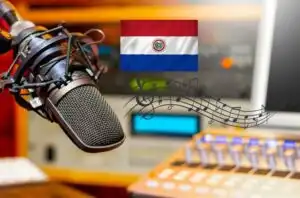
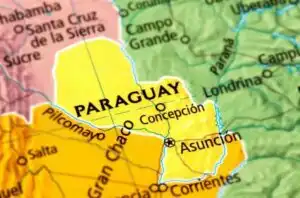
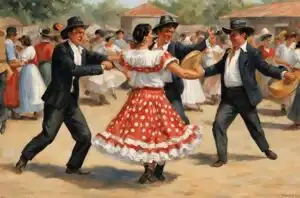
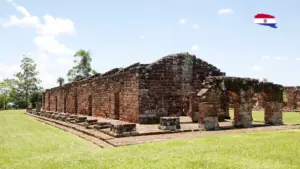
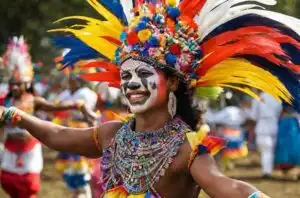
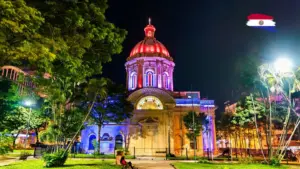
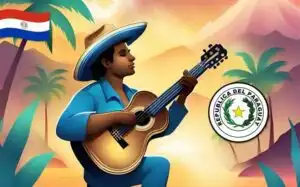


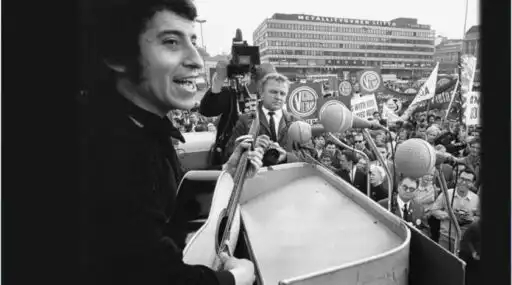

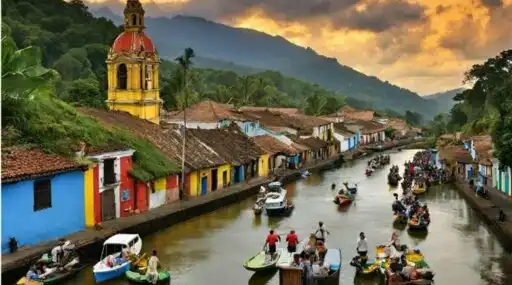

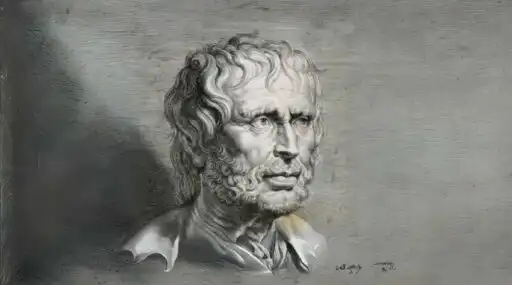
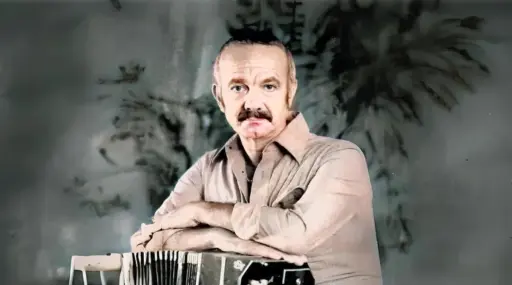
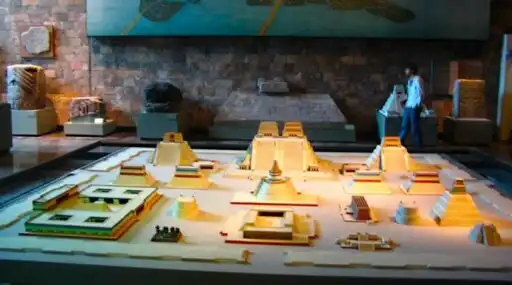

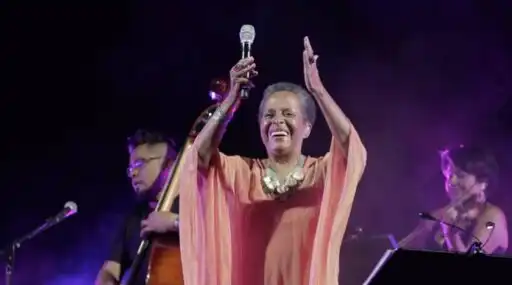

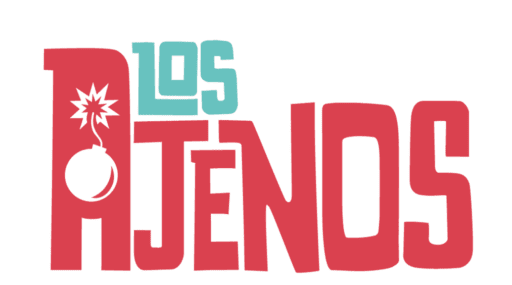
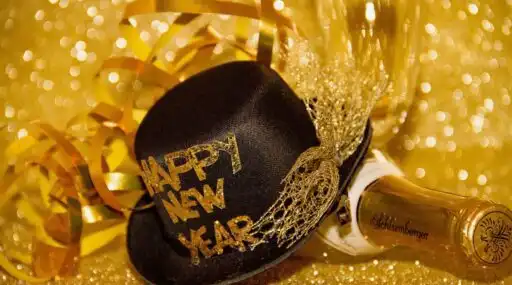
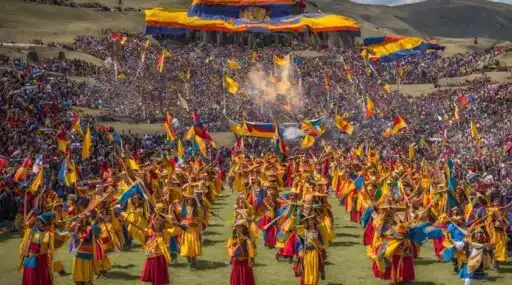
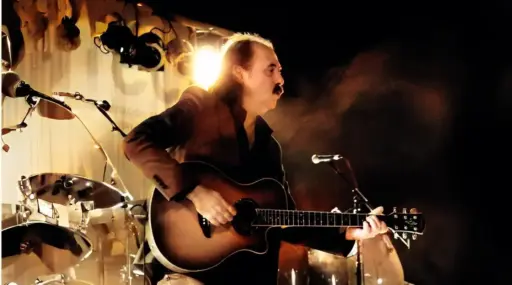

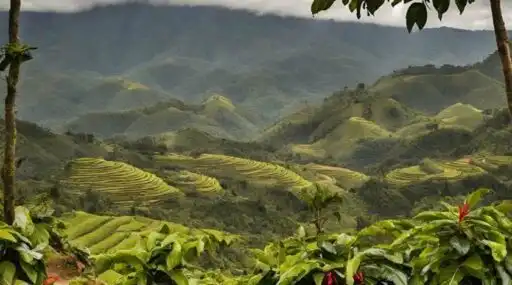
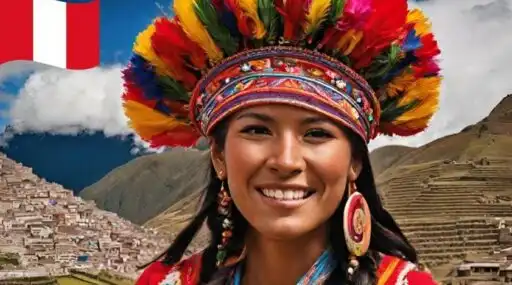
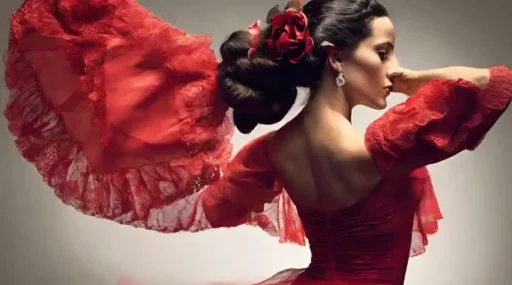
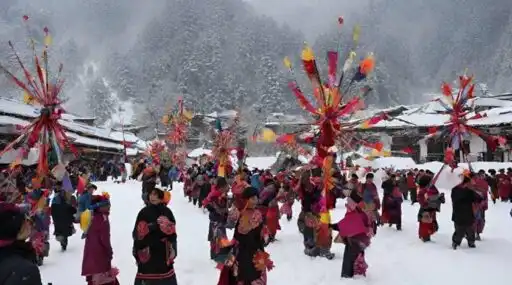
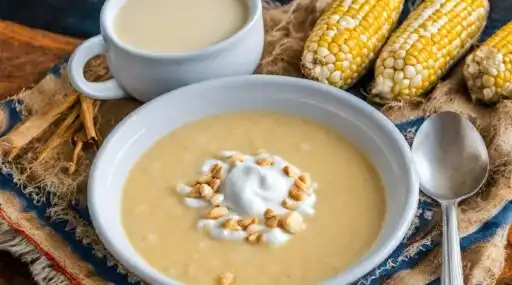


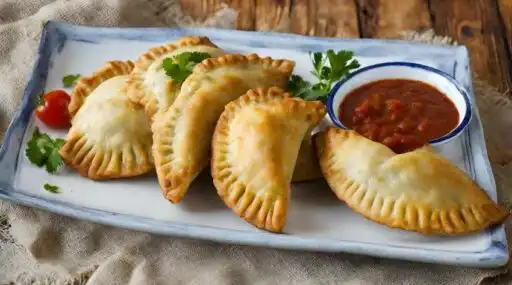
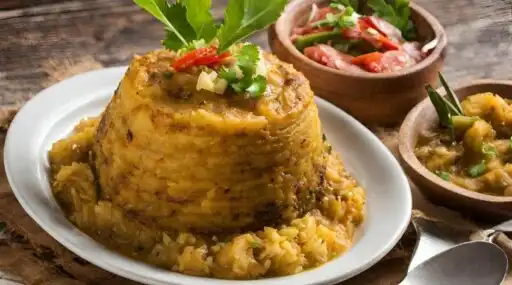
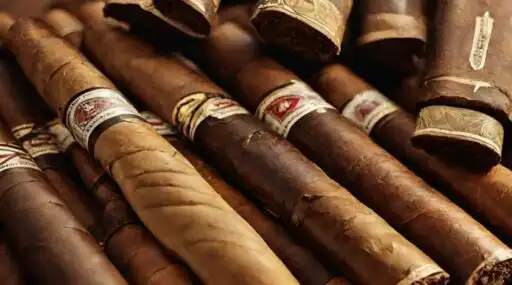
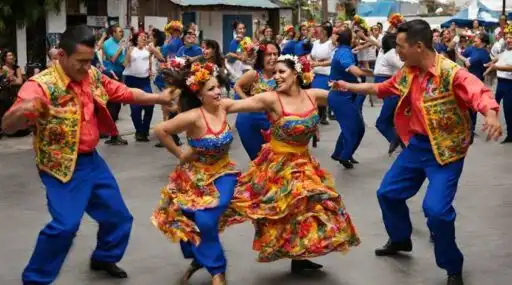


Leave a Reply